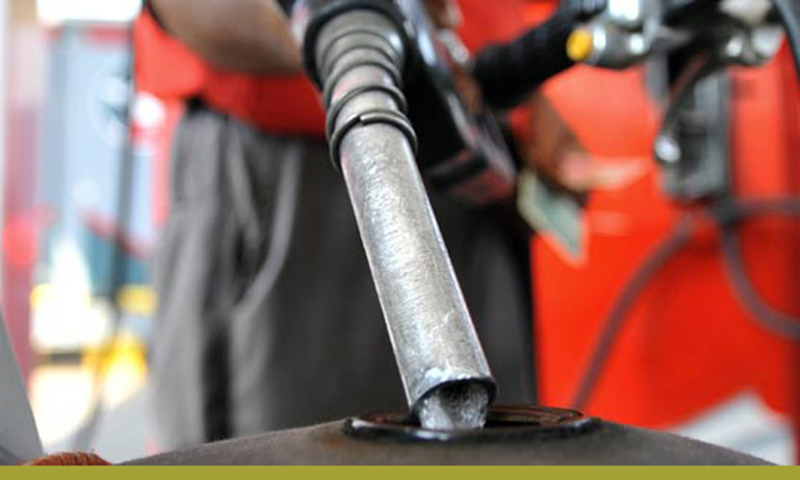- Regulators Withhold Data on Kerosene Importation as Scarcity Worsens
Industry regulators, the Department of Petroleum Resources (DPR), and Petroleum Products Pricing Regulatory Agency (PPPRA), have declined to produce importation data for kerosene as scarcity hits the market with price differentiation.
Even the Nigerian National Petroleum Corporation (NNPC), the biggest importer of the product could not offer any assistance.Households (which are end-users of the product) and marketers have decried irregularities in the supply kerosene, called Dual Purpose Kerosene (DPK).Speaking to The Guardian at separate interviews, none of the mentioned agencies – DPR, PPPRA, and NNPC was willing to produce comprehensive data on the country’s DPK importation exercise, or even data on the locally-sourced DPK, which they claimed were received from the local refineries at Port Harcourt, Warri, and Kaduna.
The Group General Manager, Group Public Affairs Division, NNPC, Ndu Ughamadu, in a telephone interview, said the DPR and PPPRA were the agencies responsible for compilation of importation data and not the NNPC.He stressed that only both agencies – DPR and PPPRA- could provide the actual DPK importation data for all parties importing the product into the country.
He, however, said the NNPC could avail The Guardian of its DPK importation data, but could not provide any after over a week of making the request. But Ughamadu had earlier said: “A bulk of the product (DPK) is received from the country’s three refineries. NNPC’s importation only augments what is being refined locally.”
Similarly, the spokesperson for PPPRA, Reuben Apollo, noted that although the NNPC is the biggest importer DPK currently, other marketers too were importing the product, but could not validate the claim with data.He admitted that the country had experienced a little drop in the quantity of DPK imported because more Nigerians were embracing Liquefied Petroleum Gas (LPG), otherwise called cooking gas, as an alternative.
Owing to the increasing adoption of LPG, he said local demand for kerosene was dropping, and could not explain the high cost of the product in the filling stations, which negates basic economics of the lower the demand, the lower the supply.When The Guardian reached the DPR spokesperson, Paul Osu, he said the agency was only concerned about quality control of products being imported into Nigeria, and cannot give the needed statistics on the quantity.He insisted that the NNPC was in a better position to give the accurate data on imported DPK.

 News3 weeks ago
News3 weeks ago
 Business3 weeks ago
Business3 weeks ago
 Technology3 weeks ago
Technology3 weeks ago
 Investment3 weeks ago
Investment3 weeks ago
 Banking Sector3 weeks ago
Banking Sector3 weeks ago
 Banking Sector3 weeks ago
Banking Sector3 weeks ago
 Appointments3 weeks ago
Appointments3 weeks ago
 Investment3 weeks ago
Investment3 weeks ago





























